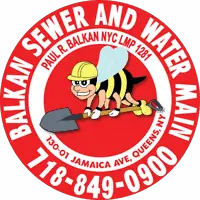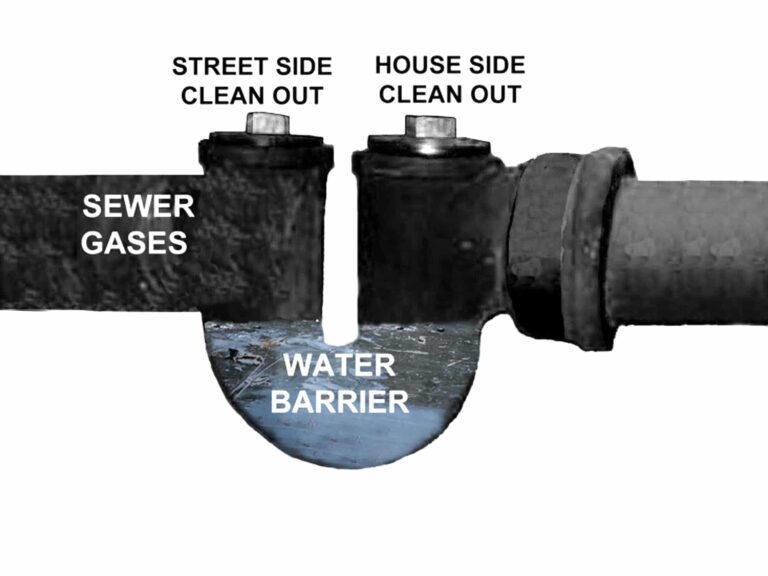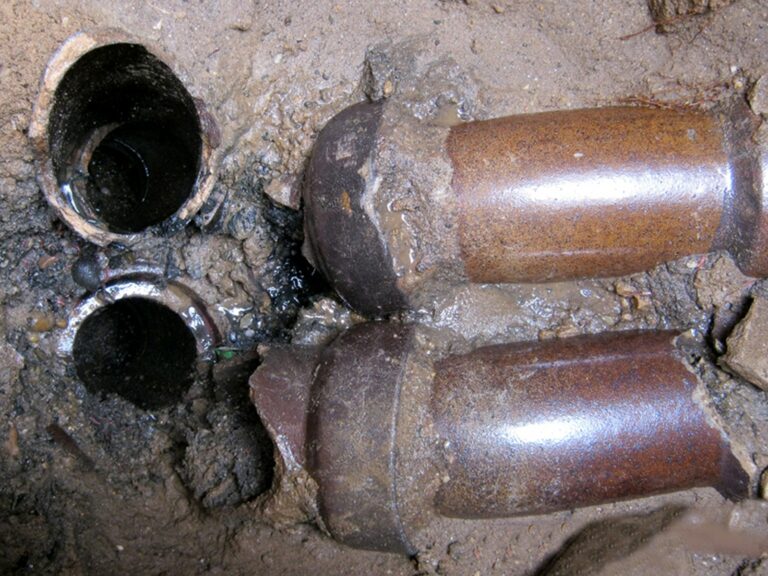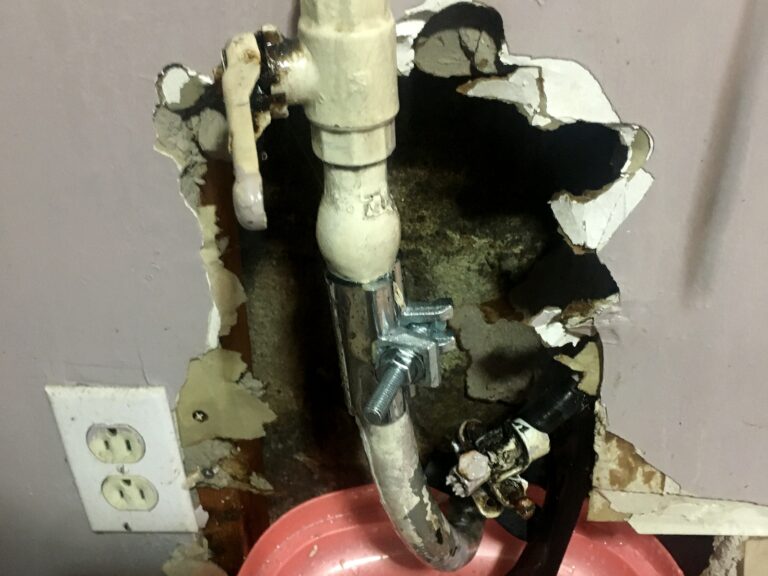Though the package may claim that wipes are flushable, many people ask “Are flushable wipes really flushable?” And to answer that question, thousands of waste management and sewer contractors are standing up and saying, “No”! Wet wipe sewer clogs are becoming an increasingly common issue for sewers nationwide.
A recent Bloomberg News Article stated that the sale of moist flushable wipes geared towards adults rose by 23% between 2008 and 2013 to an astounding $367 million.
Though this may be good news to the manufacturers of these wipes, sewer and septic treatment companies from across the US have come forward to say wet-wipe sewer clogs are building up to be a big problem.
Flushable Wipe Fun Facts and Not Fun Facts:
- In 2019 consumers spent an even more astounding $2.5 billion on these products.
- As of 2019, it is estimated that public utilities spend over $440 million a year in additional operating costs due to the “flushable” wipe issue.
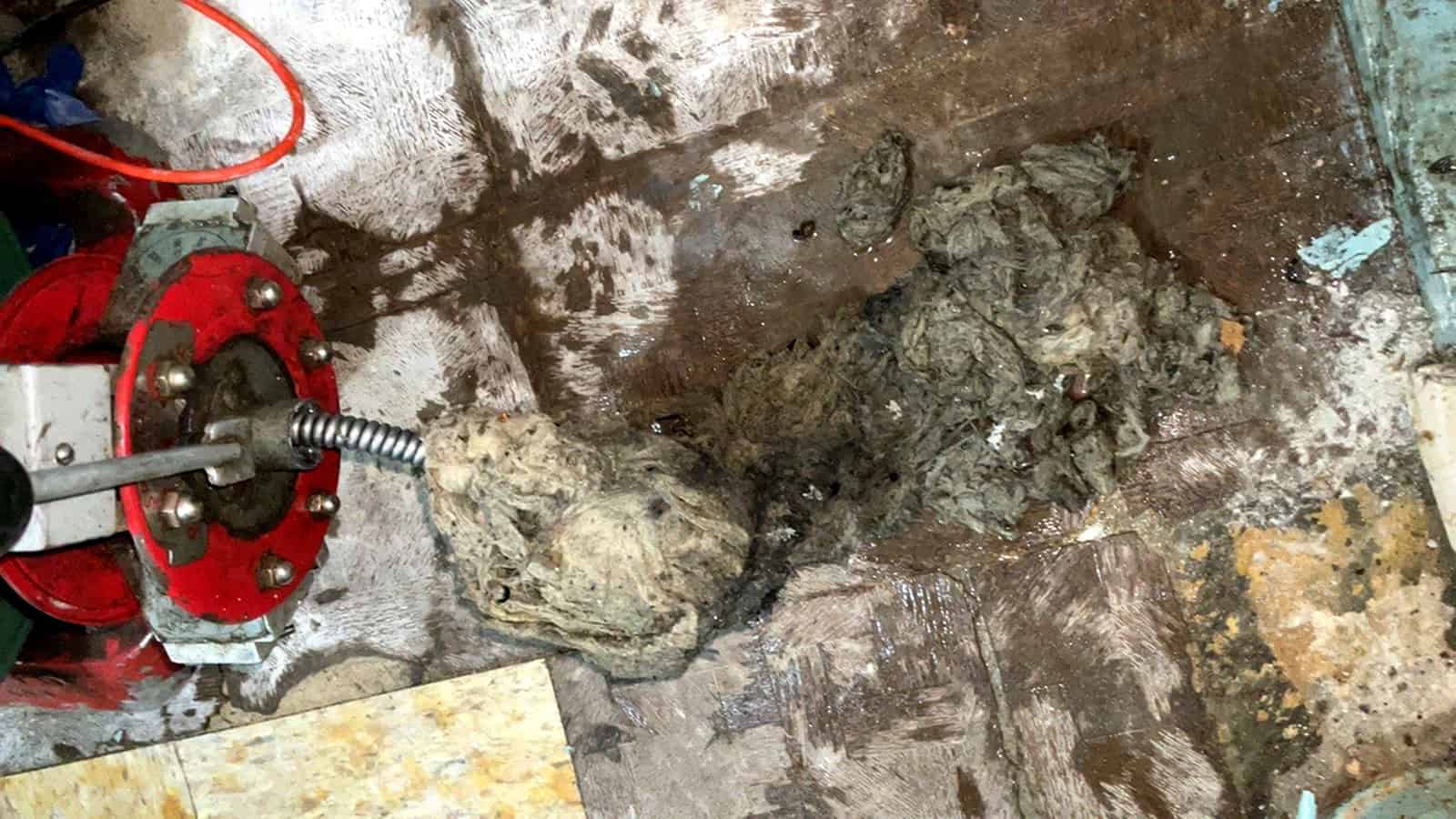
Are Flushable Wipes Really Flushable? NO!
In January of 2014, Consumer Reports released a video showing their workers conducting an experiment on two brands of wipes that list on their box that they are, in fact, septic safe. Neither of the wipes disintegrated, not even when exposed for ten minutes from a blender. This find is sobering for many people who previously had flushed these wipes as easily as anything else. Yet another resounding “NO” regarding are flushable wipes really flushable.
Most recently, these wipes have been blamed for doing approximately $18 million dollars in damage to NYC sewer systems in the past five years. Not only do these flushable wipes clog pipes on their own, but they can combine with fat and grease from food wastes to form an unholy unison many sewage treatment workers refer to as a ‘fatberg.’
These clumps of solidified grease, wipes, and other debris can grow to hundreds of pounds, effectively clogging and blowing out pipes in city’s sewer systems. Inevitably, this ends up costing taxpayers upwards of $3.6 million dollars a year in sewer repairs and machinery replacements.
The companies’ websites advise consumers to discard most wipes in the trash, and each say those advertised as flushable meet industry-set guidelines. They package non-flushable wipes with a logo on the box depicting a toilet with a line slashed through it, Rousse said. That means that in the majority of cases, the answer to your question of are flushable wipes really flushable, ir right on the packaging of the product.
Read The Fine Print!
The do-not-flush instructions are usually in small print in a hard-to-find place on the box, said Finley, of the Association of Clean Water Agencies. “We have heard many excuses about why wipe manufacturers and retailers do not want such a visible logo on wipe packages, but it is time for the excuses to stop,” she said.
In Conclusion: Are Flushable Wipes Really Flushable?
So, what can be done to ease this epidemic of wet-wipe sewer clogs? Don’t flush the wipe. Do not depend on the labeling on the box to answer “Are flushable wipes really flushable”? Despite what the box says, most flushable wipes are not safe to flush.
Not only are municipalities facing the daunting challenge of dealing with these “wet wipes” and “baby wipes”, but local plumbers make an enormous amount of house calls that involve clogged toilets, backed-up sewer lines, and flooded basements due to nasty clogs from these wipes.
As a bit of information, the primary perpetrators arebaby wipes being flushed by time-stressed parents. Other culprits causing unnecessary drain clogs are materials, like facial tissues for removing makeup, fibrous cleaning wipes, cigarette butts, cotton products (such as Q-tips), feminine hygiene products, and other non-flushable paper products.
Most baby wipes, along with all the items mentioned above, aren’t designed to be flushed. On the contrary, they are designed to remain intact for longer use, and they do not fall apart into small pieces once flushed and traveling down your sewer lines.
Of course, all these items can clog your drain traps or sewer lines, but they also cause havoc on your public sewer system. You might think that your municipality foots the bill, but in the end, the cost is added to your water and sewer bill to taxes. While many of these products might mislead us to believe they are flushable, in other cases we need to stop being so lazy and avoid flushing this stuff down our drain lines.
If you would like to learn more about the effect of these wipes on sewer systems or to have your sewer pipes cleared from wet wipe sewer clogs, contact the Balkan Drain Team today.
